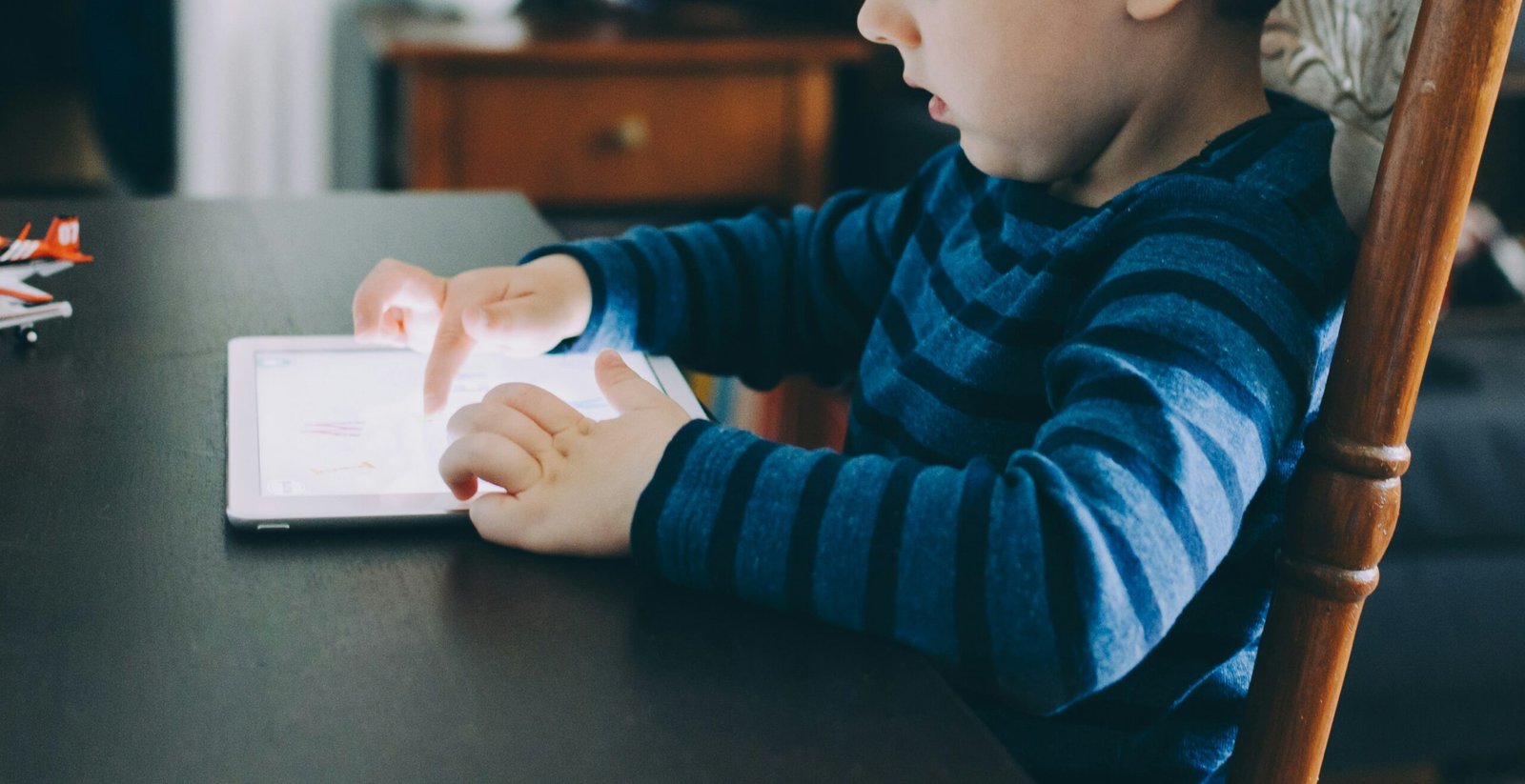
Introduction
Welcome to the digital age, where screens have become an integral part of our lives. From smartphones to laptops, tablets to televisions, we are constantly surrounded by screens. While technology has undoubtedly improved our lives in many ways, it has also had a negative impact on our sleep. In this blog post, we will explore the importance of minimizing screen time for improved sleep and share some practical tips to help you achieve tech-free tranquility.
The Science Behind Screen Time and Sleep
Have you ever wondered why you struggle to fall asleep after spending hours scrolling through your social media feeds? The answer lies in the blue light emitted by screens. Blue light suppresses the production of melatonin, a hormone that regulates sleep-wake cycles. When we expose ourselves to screens before bedtime, our bodies are tricked into thinking it’s still daytime, making it harder to fall asleep.
The Importance of Quality Sleep
Sleep is essential for our overall well-being. It plays a crucial role in maintaining our physical and mental health. Lack of quality sleep can lead to a range of issues, including decreased cognitive function, impaired memory, mood swings, and increased risk of chronic conditions such as obesity, diabetes, and heart disease. By prioritizing our sleep and minimizing screen time, we can improve our overall health and well-being.
Tips for Minimizing Screen Time
1. Establish a bedtime routine: Create a relaxing routine that doesn’t involve screens. This could include reading a book, taking a warm bath, or practicing meditation.
2. Set screen-free zones: Designate certain areas of your home, such as the bedroom, as screen-free zones. This will help create an environment conducive to sleep.
3. Use screen time tracking apps: There are several apps available that can help you track and limit your screen time. These apps provide insights into your usage patterns and can help you make more mindful choices.
4. Create tech-free time before bed: Establish a tech-free period before bedtime. This could be 30 minutes to an hour before you plan to sleep. Use this time to wind down, relax, and prepare your body for sleep.
5. Invest in an alarm clock: Instead of relying on your phone as an alarm, invest in a traditional alarm clock. This will eliminate the temptation to check your phone before bed and reduce your exposure to screens.
The Benefits of Tech-Free Sleep
Minimizing screen time before bed can have numerous benefits:
- Improved sleep quality: By reducing exposure to blue light, you can improve the quality of your sleep, leading to greater energy and productivity during the day.
- Enhanced relaxation: Engaging in activities that don’t involve screens can help you relax and unwind, preparing your mind and body for a restful night’s sleep.
- Better mental health: Excessive screen time has been linked to increased stress, anxiety, and depression. By minimizing screen time, you can improve your mental well-being.
- Stronger relationships: Spending less time on screens allows for more meaningful interactions with loved ones, fostering stronger relationships.
Conclusion
In a world dominated by screens, it’s important to prioritize our sleep and minimize screen time before bed. By implementing the tips mentioned in this blog post, you can create a tech-free haven that promotes relaxation and improves your sleep quality. Remember, a good night’s sleep is the foundation for a productive and fulfilling day.